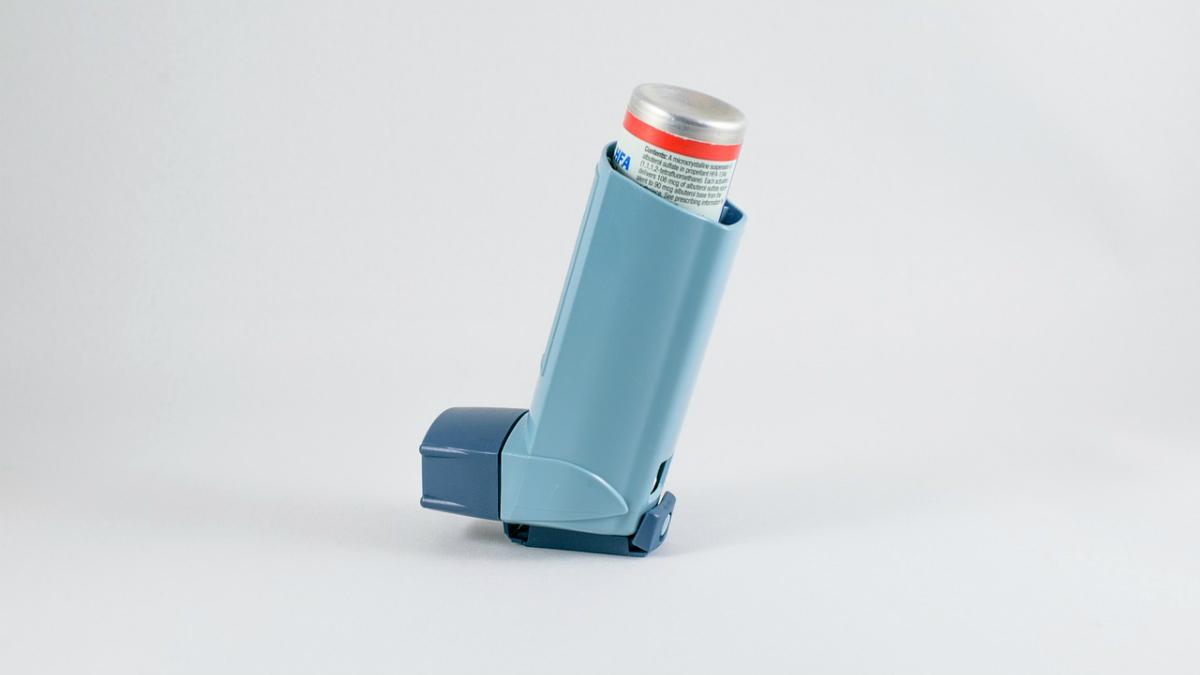People with long-term breathing or heart conditions, should receive advice during routine health appointments, about how to protect themselves from air pollution.

This is according to a new quality standard from the National Institute of Health and Care Excellence (NICE), which focuses on the impact of outdoor air quality and road-traffic-related air pollution on health.
It states that periods of poor air quality are associated with adverse health effects, including asthma attacks, reduced lung function, and increased mortality and admissions to hospital.
As a result, NICE says healthcare professionals should provide guidance to people with chronic respiratory or cardiovascular conditions, so they can monitor daily pollution levels and take appropriate actions when outdoor air quality is poor.
Advice on the subject should include how vulnerable people can minimise their exposure to outdoor air pollution and manage any related symptoms, for instance by:
- avoiding or reducing strenuous activity outside, especially in highly polluted locations such as busy streets, and particularly if experiencing symptoms such as sore eyes, a cough or sore throat
- closing any external doors or windows that face busy streets at times when traffic is heavy or congested
- using their asthma reliever inhalers more often, as required
Air pollution affects outdoor exercise and activity

Ian Culligan, chair of the Association of Chartered Physiotherapists in Respiratory Care, told Frontline: ‘This guideline reinforces the importance of tackling air pollution, especially given the impact on children, the elderly and those living with a lung disease.
‘The benefits of outdoor activity on both physical and mental health are well-established, and with a renewed focus on exercise and cardiorespiratory health in the NHS 10-year plan, air quality will be a key enabler of getting patients to exercise outdoors, stay active and stay healthy.’
How to monitor your daily outdoor air quality

The daily air quality index, compiled by the Department for Environment Food and Rural Affair (DEFRA), describes air pollution on a scale of one to 10, with four bands ranging from low to very high.
According to DEFRA, adverse health effects are likely to be experienced by at-risk individuals whenever air pollution is rated as moderate, high or very high on the index.
The government defines moderate levels of pollution as equating to bands four to six on the index, high levels from seven to nine, and 10 as very high.
DEFRA advises that people with chronic respiratory or cardiovascular conditions, as well as anyone who is planning to take part in strenuous activity outdoors, should check the daily air pollution forecast, which shows a geographical breakdown of outdoor air quality in the UK.
Find Out More
Number of subscribers: 1